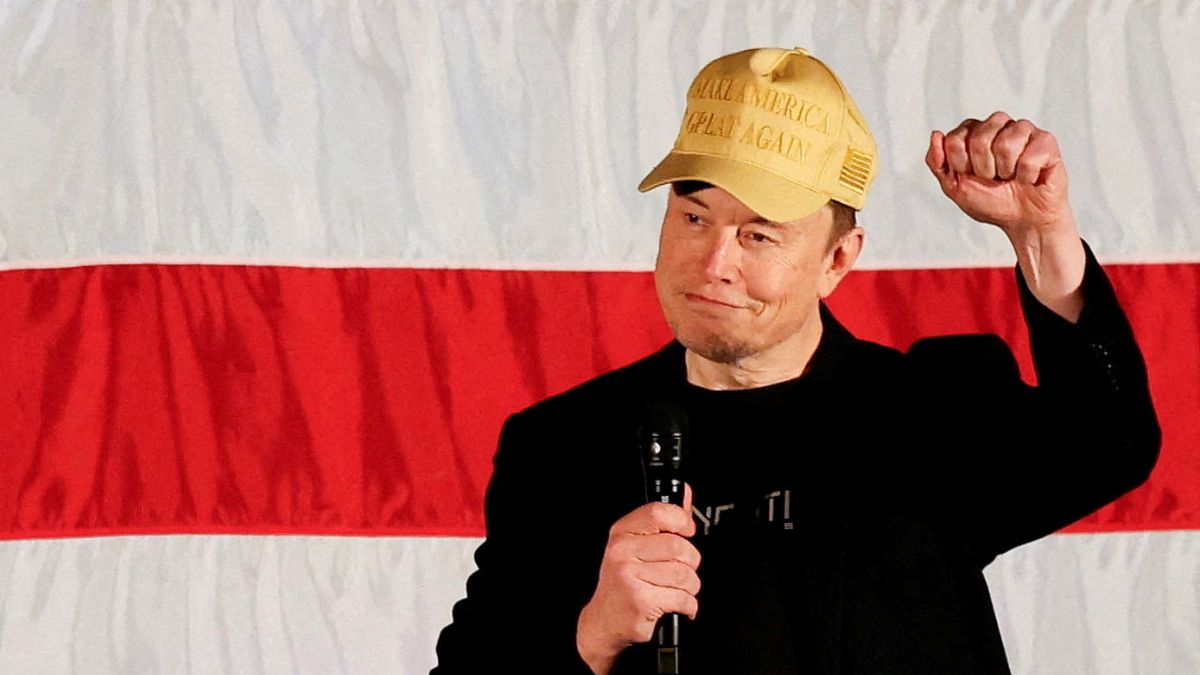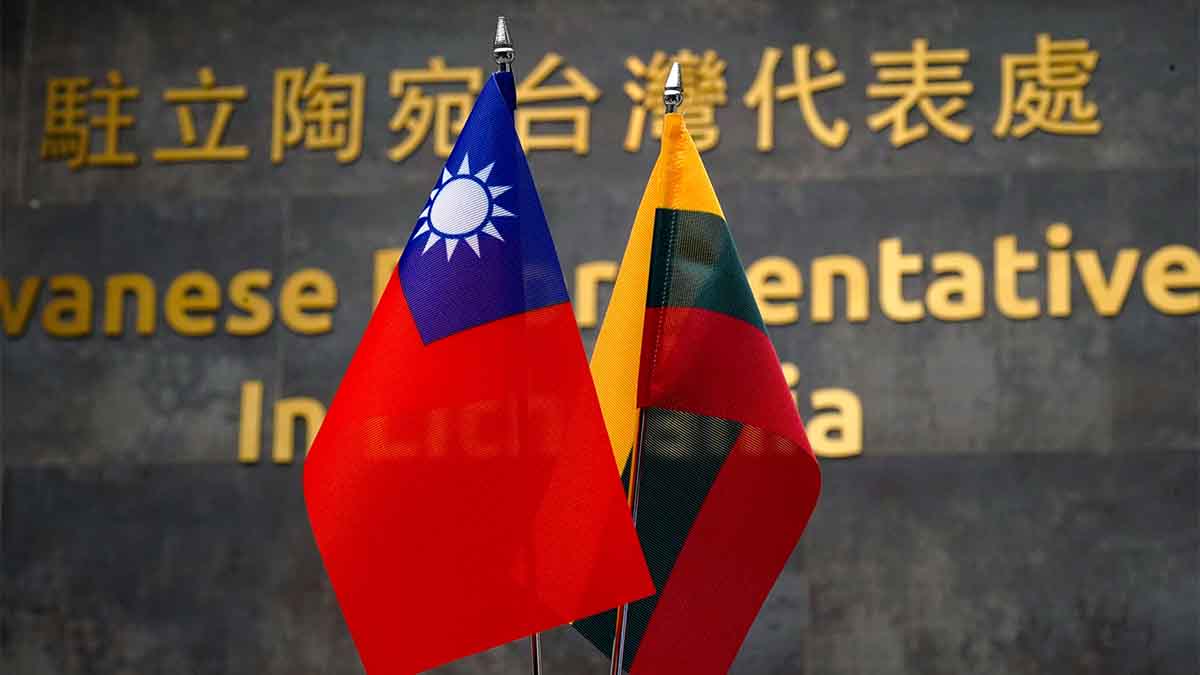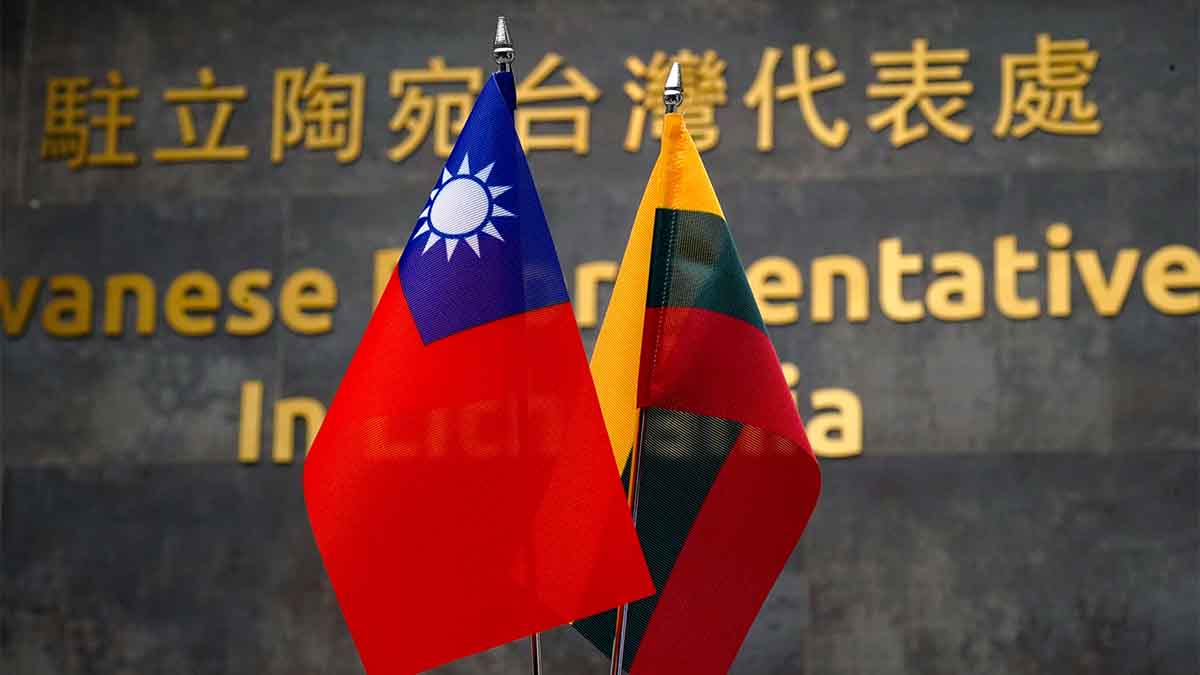A Delaware judge in the United States has upheld her earlier ruling to block Tesla CEO Elon Musk’s record-breaking $56 billion pay package, despite multiple attempts by Musk’s legal team and Tesla shareholders to reinstate it.
The decision, one of the most significant in corporate governance history. Elon Musk’s 2018 pay package was unprecedented in its size and structure.
Unlike traditional CEO compensation plans that include a salary or bonuses, Musk’s package was entirely performance-based, with 12 milestones tied to Tesla’s market valuation and revenue.
Upon achieving each milestone, Musk was granted stock options priced significantly below market value. At its inception, the package was valued at $56 billion; by December 2024, it had swelled to an estimated $101 billion based on Tesla’s soaring stock price.
The plan’s defenders argued it aligned Musk’s interests with those of shareholders, incentivising him to grow the company.
Critics, however, pointed to flaws in how it was negotiated and approved, asserting that Musk, as Tesla’s largest shareholder and de facto controller, had undue influence over the board that granted the package.
What the court ruling said
The lawsuit challenging Musk’s pay was filed by a Tesla shareholder who accused the board of failing to act independently during the approval process. Delaware Chancellor Kathaleen McCormick ruled in January 2024 that the package was improperly granted, citing “deeply flawed” negotiations.
In her 103-page opinion, she wrote: “Tesla’s board capitulated to Musk’s terms and failed to prove that those terms were entirely fair.”
McCormick highlighted that Musk himself admitted during testimony that he effectively “negotiated against himself,” underscoring the lack of true oversight by the board.
Furthermore, she rejected the defence argument that the compensation plan was fair and justified by Tesla’s success, noting: “There were undoubtedly a range of healthy amounts that the Board could have decided to pay Musk. Instead, they opted for terms that undermined fairness and accountability.”
The judge also dismissed the notion that a subsequent shareholder vote in June 2024, where over 75 per cent of non-Musk-affiliated investors ratified the package, could override the earlier ruling. She wrote: “Even if a stockholder vote could have a ratifying effect, it could not do so here due to multiple, material misstatements in the proxy statement.”
McCormick’s ruling has been described as a critical affirmation of corporate governance principles, stating that boards must demonstrate independence and that shareholder votes alone cannot validate conflicted transactions.
Why shareholder and Tesla’s defence fell short
Tesla’s defence hinged on the argument that the 2024 shareholder vote reflected the informed will of investors who understood the pay package’s flaws but still endorsed it.
Tesla argued that Musk’s leadership was instrumental in the company’s growth, with shareholders eager to retain him amid his commitments to other ventures like SpaceX, Neuralink, and the Boring Company.
Musk’s legal team insisted that overturning the vote would undermine shareholder rights, stating: “This ruling, if not overturned, means that judges and plaintiffs’ lawyers run Delaware companies rather than their rightful owners – the shareholders.”
Musk himself called the decision “absolute corruption” in a post on X (formerly Twitter), adding: “Shareholders should control company votes, not judges.”
Shareholders should control company votes, not judges https://t.co/zRsWGjC2hG
— Elon Musk (@elonmusk) December 3, 2024
Despite these protests, McCormick maintained that the shareholder vote could not rectify the initial flaws in the compensation process. She also criticised Tesla’s legal team for presenting “creative but legally untenable” theories to defend the package.
The $5.6 billion legal fee controversy
Adding to the case’s complexity was a massive legal fee request from the attorneys who challenged the pay package.
The plaintiff’s lawyers sought $5.6 billion in Tesla stock, arguing that their efforts delivered a $51.4 billion benefit to the company by invalidating Musk’s options, which would have diluted shareholder value, reported AP.
This figure, derived from Tesla’s trading price at the time of the ruling, was unprecedented in legal history. McCormick found the methodology used to calculate the fee request sound but deemed the amount excessive, stating: “In a case about excessive compensation, that was a bold ask.”
Instead, she awarded the attorneys $345 million, describing it as “an appropriate sum to reward a total victory.” While this award is significant, it pales in comparison to the $688 million awarded in the Enron collapse litigation in 2008, which remains the largest legal fee payout on record.
What this ruling means for corporate governance
This ruling has far-reaching implications for corporate governance, particularly regarding executive compensation and conflict-of-interest policies.
Observers noted that a ruling in favour of Musk could have weakened Delaware’s long-standing legal framework for addressing conflicts of interest in corporations. The case reinforces the need for robust, independent board oversight and transparent compensation negotiations.
Experts argue that while performance-based pay packages can align CEOs with shareholder interests, they must be carefully structured to avoid excessive rewards or conflicts of interest. This case serves as a reminder that corporate boards cannot operate as rubber stamps for influential executives.
Does this ruling affect Musk or Tesla’s future?
Despite the setback, Musk remains one of the world’s wealthiest individuals, with his Tesla shares alone valued at over $150 billion as of December 2024.
Tesla’s stock has surged by 42 per cent in recent weeks, driven partly by optimism over Musk’s ties to US President Donald Trump’s administration and expectations of favourable policies for Tesla and SpaceX.
Musk’s influence extends beyond Tesla, with leadership roles at multiple companies and political involvement, including a recent appointment to lead the Department of Government Efficiency (DOGE) in Trump’s administration.
Tesla has vowed to appeal the decision to the Delaware Supreme Court, seeking to overturn what it sees as a misjudgment of shareholder rights.
With inputs from agencies


)
)
)
)
)
)
)
)
)



